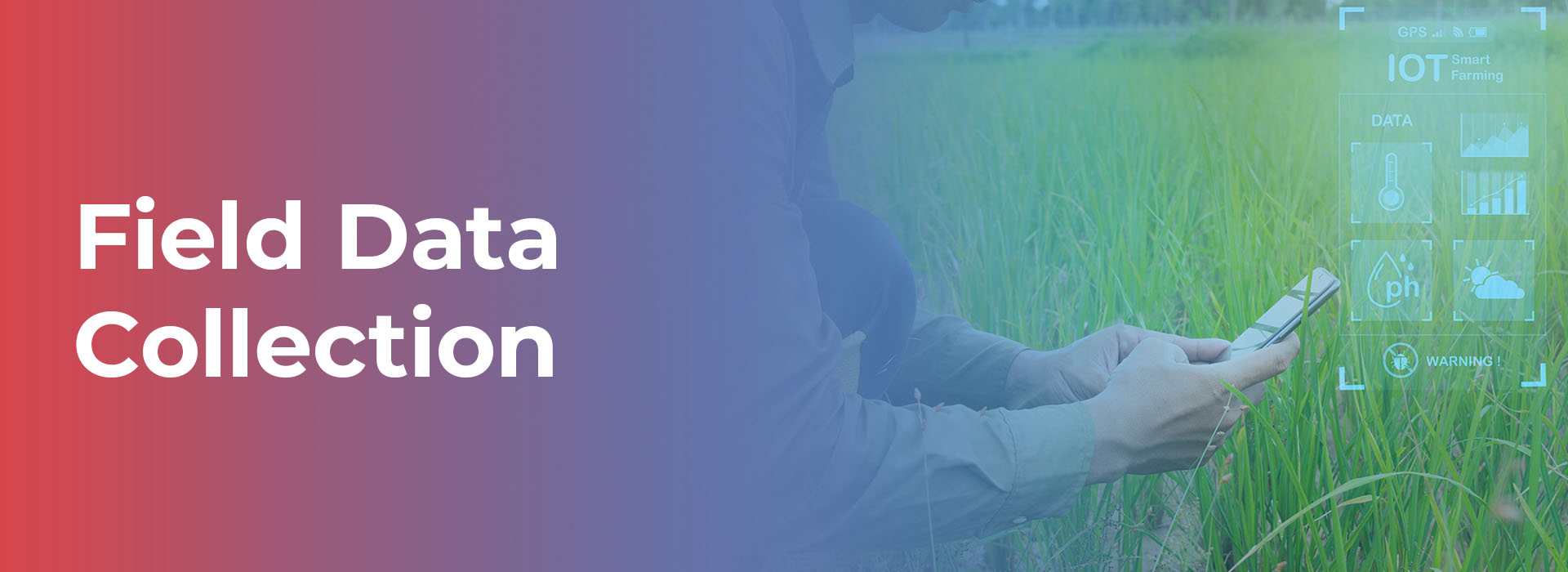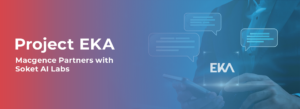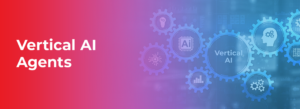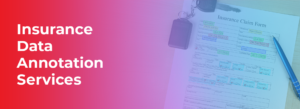Field Data Collection for Your AI & ML Models
The process of gathering data from environmental or socio-economic systems that are not controlled by pre-defined experimental conditions is known as field data collection. It can be done in numerous ways including direct observation, using GPS devices and drones, or by measurements.
Field data collection primarily focuses on measuring and observing the phenomenon in their own natural environment. In other words, researchers do not manipulate the system but rather observe it as it is. The type of method used to collect field data entirely depends on the nature and requirements of the phenomenon under study.
Quality data is required to build and train AI and ML models effectively. Collecting real-world and natural data for training your AI models will definitely give your AI model an edge over your competitors. For sourcing such quality field data sets, reach out to us at Magence. Our industry experts follow the best field data collection to curate datasets that’ll surely upgrade your AI & ML models.
Field data collection may be a complex and challenging process but it is quite essential to understand how real-world systems work. In this blog, we’ll dive deep into the process of field data collection. From the process of field data collection to its relevant use-cases, we’ve got you covered. Keep reading, and keep learning!
Where Is Field Data Collection Used?
If you aim to collect food samples from various restaurants in your city then you will have to step outside to collect accurate data. You can’t do it sitting at your home. Hence, field data collection is crucial for compiling precise data sets.
Let’s have a look at the businesses which are the most benefitted from field data collection:
- Environmental: The companies that perform testing to check for pollution in the soil or on the seaside.
- Construction: Engineering businesses are chiefly responsible for examining structures to ensure the health and safety of workers as well as other staff members on a construction site.
- Agricultural: Those businesses that perform crop monitoring for combating pests.
- Manufacturing: The companies that ensure their product’s quality by testing them against the industry standards.
The Process Behind Field Data Collection

Let us now have a look at the actual process that goes behind field data collection:
Planning and Designing
This step sets up a proper stage for field data collection. In this step, clear objectives and a methodology to achieve the same are outlined. It is similar to the process of setting up coordinated for a journey. The need and requirements of the data are analzed and further, the best methods to collect the data are decided.
Additionally, this process creates questionnaires, planners, observation formats, and more to ensure that the collected field data aligns with the goals and objectives of the AI and ML models.
Preparation
At this stage, you get ready for the actual data collection. You also focus on ensuring the training efficiency of your team, while simultaneously sorting out the logistical aspects. To ensure a smooth field data collection process, you must be well-prepared and have the right tools.
Data Collection
Data collection is the primary task of the entire project. It involves the conduction of interviews, taking physical measurements, observing situations, along with trying to keep up with the previously defined plan in the best possible way.
This process must be done with utmost accuracy so that accurate and reliable data can be collected. If quality data is collected, only then you can train your AI and ML models effectively.
Data Management
Once the collection process is complete, time comes to organize and process it. Data management process involves data entry along with initial processing to ensure that the data is properly secured. This step is the backbone of the entire analysis process.
Data Analysis
During this process, the collected data is transformed into useful insights. Specifically, data experts apply special techniques to examine and analyze the data in order to draw meaningful conclusions that align with the end goal.
Reporting
It is the final process in which the final findings are presented. Data is compiled into reports and presentations. The reporting should be tailored according to your audience so that the information can be made understandable and accessible. Once this step is over, feedback is gathered from everyone so that improvements can be made in the future field data collection process.
How Macgence Can Streamline Your Field Data Collection Process
By now, it must be clear how tedious is the process of field data collection especially to ensure the success of AI and ML models and technologies. If you want to buy high-quality real-world field data sets then look no one past Macgence. We provide high-quality field data sets that are tailored to our customer’s needs.
With Macgence, your organization can streamline the field data collection process, ensuring your AI and machine learning projects become successful. Further, we have an internal QC team that ensures to fix the flaws discovered during the data improvement process.
FAQs
Ans: – The process of gathering data from environmental or socio-economic systems that are not controlled by pre-defined experimental conditions is known as field data collection.
Ans: – Quality data is required to build and training is necessary to build effective AI and ML models. Collecting real-world and natural data for training your AI models gives an edge to AI and ML models hence field data collection is crucial for them.
Ans: – This is widely used in industries like environmental testing, construction, agriculture, manufacturing, and more.
Ans: – The people who work on the ground to gather data and make observations are known as field data collectors. Undoubtedly, they play a vital role in the success of any field data collection process.
Ans: – If you want to buy real-world field datasets for training your AI models then do check out Macgence. Their in-house experts are trained in the field data collection as they curate the best data sets for effective and optimized training of your AI and ML models.
You Might Like
February 28, 2025
Project EKA – Driving the Future of AI in India
Spread the loveArtificial Intelligence (AI) has long been heralded as the driving force behind global technological revolutions. But what happens when AI isn’t tailored to the needs of its diverse users? Project EKA is answering that question in India. This groundbreaking initiative aims to redefine the AI landscape, bridging the gap between India’s cultural, linguistic, […]
March 7, 2025
What is Data Annotation? And How Can It Help Build Better AI?
Spread the loveIntroduction In the world of digitalised artificial intelligence (AI) and machine learning (ML), data is the core base of innovation. However, raw data alone is not sufficient to train accurate AI models. That’s why data annotation comes forward to resolve this. It is a fundamental process that helps machines to understand and interpret […]
March 6, 2025
Vertical AI Agents: Redefining Business Efficiency and Innovation
Spread the loveThe pace of industry activity is being altered by the evolution of AI technology. Its most recent advancement represents yet another level in Vertical AI systems. This is a cross discipline form of AI strategy that aims to improve automation in decision making and task optimization by heuristically solving all encompassing problems within […]
March 5, 2025
Use of Insurance Data Annotation Services for AI/ML Models
Spread the loveThe integration of artificial intelligence (AI) and machine learning (ML) is rapidly transforming the insurance industry. In order to build reliable AI/ML models, however, thorough data annotation is necessary. Insurance data annotation is a key step in enabling automated systems to read complex insurance documents, identify fraud, and optimize claim processing. If you […]


 Previous Blog
Previous Blog







